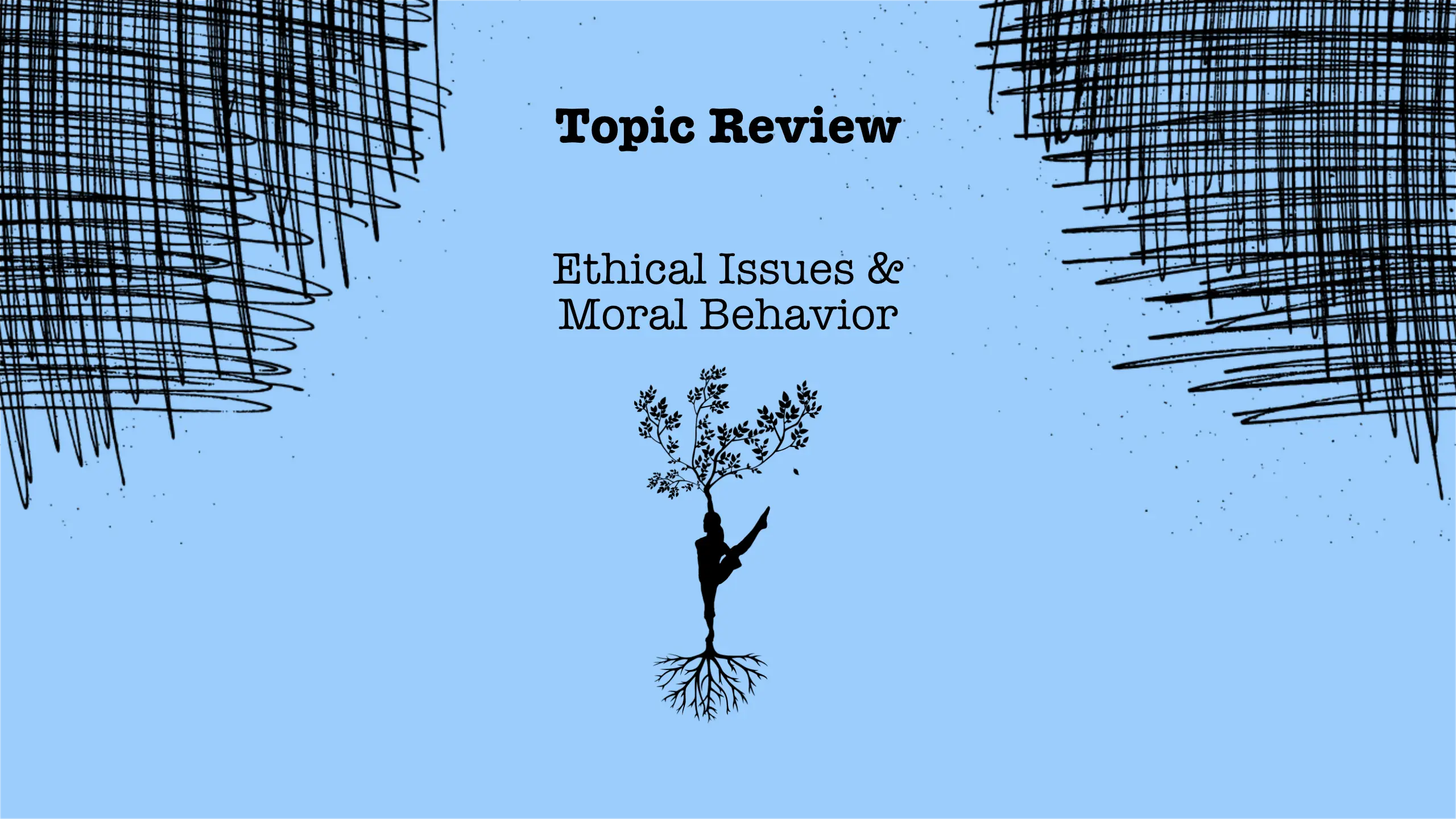Ethical issues and moral behaviour in sport highlight the educational power of physical education (PE) in shaping moral character and social responsibility. Sport offers a unique context for moral learning, where competition, cooperation, and fair play reveal individual values and ethical reasoning.
Athanasios Papaioannou (2017) identifies two main approaches to moral development — internalization and structural development — which together explain how athletes acquire, interpret, and act upon moral principles. These frameworks are complemented by theories of moral reasoning, prosocial behaviour, and game reasoning, underscoring that morality in sport is both a cognitive process and a lived experience.
Key Ideas
1. Two orientations of moral motivation
Moral motivation can be divided into two broad categories:
- Task-oriented motivation – striving to improve oneself and achieve personal growth.
- Ego-oriented motivation – focusing on outperforming others and gaining superiority.
While the former aligns with ethical and prosocial conduct, ego orientation often correlates with unsportspersonlike behaviour and rule violations.
2. Two approaches to moral development
a) The Internalization Approach
Grounded in social learning theory, this approach views moral development as a process of internalizing social norms and standards through observation and reinforcement.
- Step 1: Awareness — children learn which behaviours are socially acceptable.
- Step 2: Internalization — they adopt and apply these norms in daily behaviour.
- Step 3: Socialization — moral conduct becomes habitual through interaction and imitation of role models.
b) The Structural Developmental Approach
This approach emphasizes psychological growth and the role of environmental influences in moral reasoning.
It includes two main perspectives:
- Constructivist theory – moral issues stimulate internal dialogue.
- Stage 1: Morality of constraint — behaviour guided by authority and consequences.
- Stage 2: Morality of cooperation — guided by shared understanding and fairness.
- Interactional morality – moral reasoning develops through social interaction and balancing self-interest with others’ needs.
- Assimilation: prioritizing one’s own needs.
- Accommodation: yielding to others’ needs.
- Equilibration: balancing both perspectives.
3. Stages of moral reasoning
Moral development progresses through three principal stages:
- Pre-conventional stage – moral judgments are based on consequences (common in children under 9).
- Conventional stage – guided by shared norms and social agreements.
- Post-conventional stage – decisions based on justice, fairness, and an ethic of care.
These stages describe how people reason morally — not necessarily what conclusions they reach.
4. The four-component model of morality
Effective moral behaviour requires the integration of four psychological components:
- Moral sensitivity – recognizing moral issues.
- Moral judgment – evaluating possible courses of action.
- Moral motivation – committing to act on moral values.
- Moral character – executing moral actions despite challenges.
This framework connects moral cognition and moral action, bridging thought and behaviour.
5. Prosocial behaviour and early development
Social learning theorists link morality to prosocial behaviours — such as helping, empathy, sharing, and cooperation. These behaviours emerge early in childhood and evolve in complexity through adolescence, where empathy becomes more deliberate and cognitively informed.
6. Structural-developmental influences on moral reasoning
Proponents of structural development emphasize justice and perspective taking as core values. For instance, the achievement goal theory shows that a mastery climate (focused on learning and cooperation) fosters moral reasoning, while a performance climate (focused on comparison and outcome) encourages ego orientation.
Variables influencing moral reasoning among young athletes include:
- Physical contact level – high-contact sports tend to lower moral sensitivity.
- Academic achievement – athletes who value academic success often show higher moral reasoning.
7. Game reasoning and contextual morality
The concept of game reasoning illustrates that moral reasoning is context-dependent. Behaviour deemed unethical in daily life (e.g., aggression) may be considered acceptable in competitive play. Thus, morality in sport fluctuates based on situational norms, expectations, and social context.
8. Moral functioning and influences on moral action
Effective moral functioning integrates consistent moral judgment, motivation, and behaviour.
Three categories of influences affect this process:
- Contextual influences – social and physical environment (team culture, coaching style).
- Psychological competencies and dispositions – self-control, empathy, and reasoning ability.
- Performance mediators – competition pressure, stress, and situational demands.
9. Moral education and virtue development
Moral education in sport and PE occurs through structured intervention programs. These programs promote reflection, fairness, respect, and empathy — virtues that align with moral reasoning and lifelong ethical development.
As Papaioannou concludes, moral maturity involves the deliberate cultivation of virtues consistent with one’s moral reasoning, ensuring integrity both within and beyond sport.
Selected Citations
- “Morality — the quality of being in accord with standards of right or good conduct.”
- “Moral development implies a developmental emphasis or lifespan approach.”
- “Game reasoning — context alters moral reasoning.”
- “Moral stages concern the form of moral reasoning, not the outcome.”
- “Unsportspersonship behaviour is more common among ego-oriented players, while task orientation promotes ethical play.”
Academic Reference
Papaioannou, A. (2017). Ethical Issues and Moral Behaviour.
External References
- Chelladurai, P. (2007). Leadership in Sports. In Tenenbaum, G., & Eklund, R. (Eds.), Handbook of Sport Psychology. Hoboken, NJ: John Wiley & Sons, pp. 113–135.
- Shields, D. L., & Bredemeier, B. J. (2001). Moral Development and Behavior in Sport. In Singer, R., Hausenblas, H., & Janelle, C. (Eds.), Handbook of Sport Psychology. New York: Wiley.
- Haan, N. (1985). Process of Moral Development. San Francisco: Jossey-Bass.
